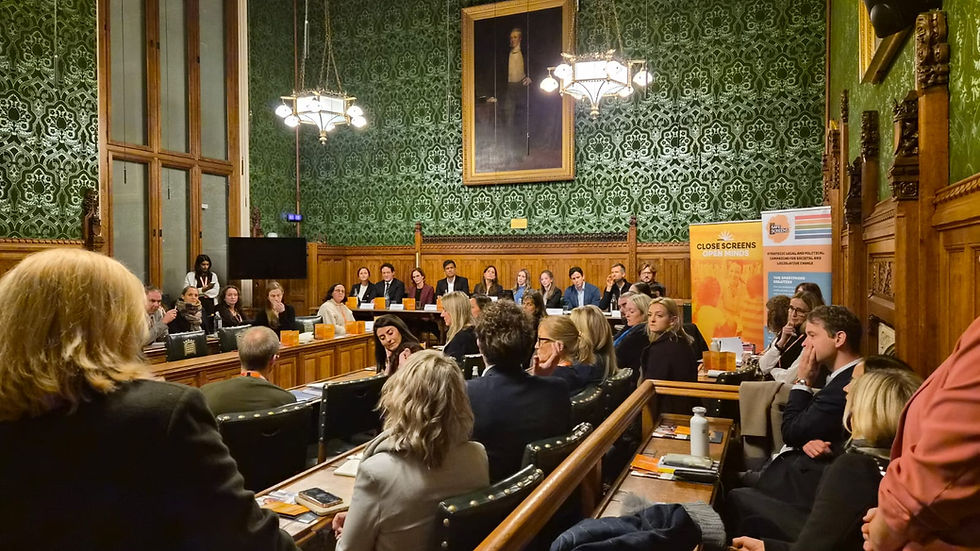Edtech procurement matters: It needs a coherent solution, clear governance and market standards
- velislava777
- Apr 12, 2022
- 2 min read

Digital technologies have come to mediate every educational process - from operations and management to teaching and assessment. While scholarship surrounding the threats and opportunities from digitalising education continues to grow, little is known as to how education technology (edtech) products come to be adopted as safe and beneficial to education and individuals. Much rhetoric circulates in media with narratives and anecdotes on how and what edtech can do. Mr P ICT, a primary school teacher, offers teacher training on what and how to use edtech. Sokanu (Schindelheim, 2021), an assessment platform, claims to provide career and degree matches based on unique personality traits. Century Tech promises to detect autism and boasts (Delgado, 2019) about its enrolment in 700 schools in Belgium (when it never did). Given the unprecedented challenges the Covid-19 pandemic caused to schools globally, the underpinned urgency of providing education has led to hasty government decisions to utilise – and bring in more – edtech (UK Department for Education, 2020; Bozkurt et al., 2020).
Yet, this hodgepodge of decisions, driven by the perception that edtech will help fix whatever is perceived as broken in education (Teräs et al., 2020), leaves pressing questions unanswered. Specifically, who decides what edtech products will be adopted in schools? What benchmark is used to make such decisions? Who assesses what edtech vendors deliver against their claims? Are there any criteria used to recognise when an edtech product fails and who decides what those are? Who is held responsible if/when edtech products fail? Driven by the need to answer these questions, this paper reflects substantial work in progress and brings forward initial findings from qualitative research conducted with some of the main stakeholders in the education sector: data privacy officers (DPOs), school leaders, edtech providers, edtech product procurers, consultants and investors.
This working paper has been published by the Department of Social Policy London School of Economics and Political Science. The full paper can be accessed here.



Such a informative article. If you’re passionate about creativity and digital art, exploring Animation Courses in Mumbai can open endless career opportunities in film, gaming, and media. The city offers some of the best institutes with hands-on training and expert guidance to turn your imagination into motion!
I recently came across some insights on how institutions can boost enrollment and engagement through Digital Marketing for Education Industry strategies. Really helpful for schools and colleges looking to grow their online presence!
Digital marketing for educational institutions helps attract and engage prospective students through targeted online strategies. Enhance student enrollment and brand visibility with digital marketing for educational institutions tailored to your goals.
Bloom Agency, the leading digital marketing agency for the education industry, is prepared to assist you in developing specialized plans.
Indocair adalah situs gaming online terpercaya yang banyak diminati pemain di Indonesia. https://smawh5.sch.id/guru-tenaga-kependidikan